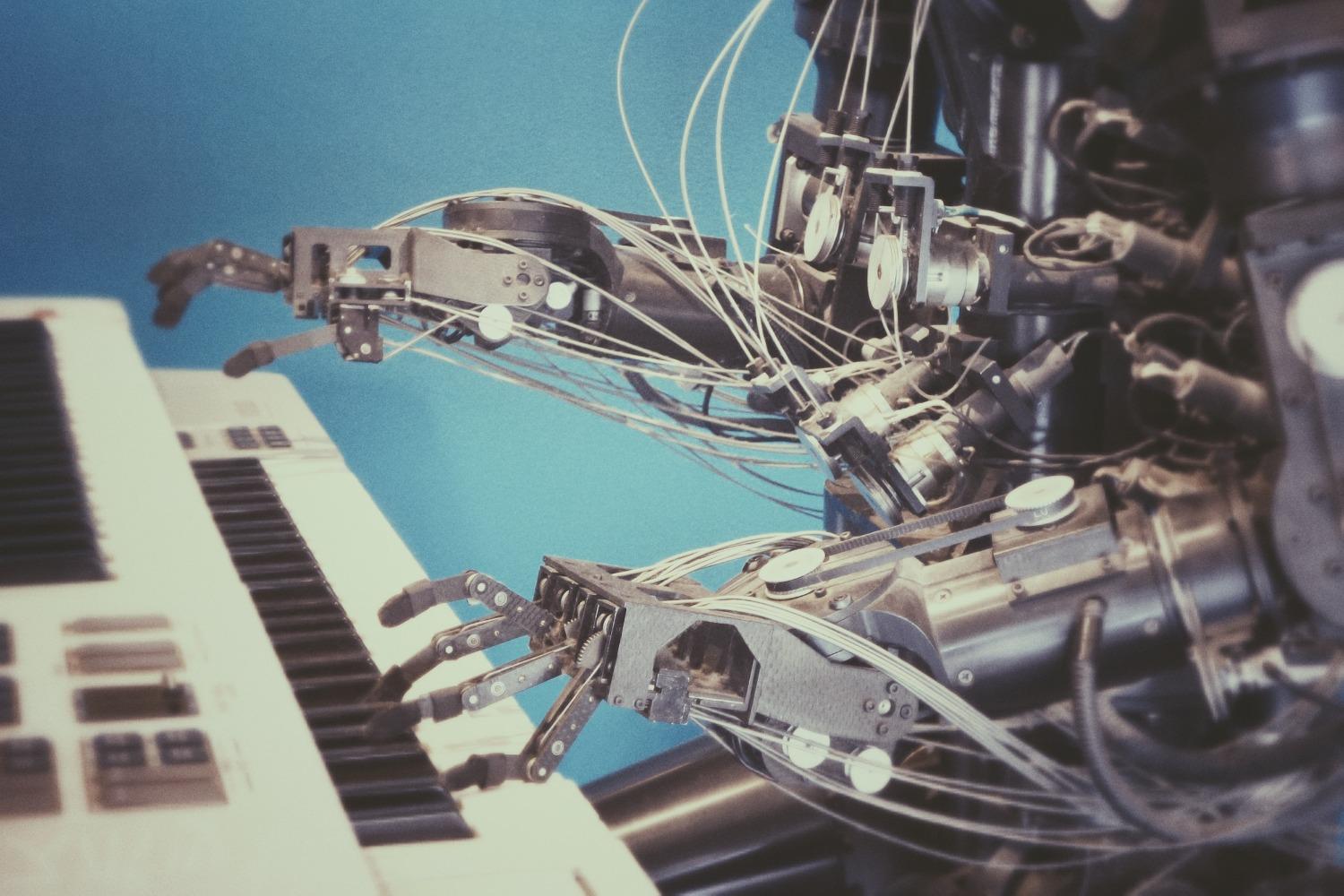
The rapid development of artificial intelligence over the past several years has made all the dreams and dread that come with thoughts of robotic “life” seem less and less a matter of science fiction.
While any scientific and technological advancement ought to be accompanied by thoughtful ethical oversight, the topic of AI poses special anthropological questions that can make Christians worry. As some of the recent tumult at one of the most powerful AI development hubs in the nation has highlighted, even level-headed scientists are concerned about the possibility of AI reaching levels of sophistication that humans are no longer able to control. What if robots become better adapted to earthly life than humans? What if they develop personality and self-consciousness as a “side effect” of their increasing complexity? Could they go so far as to take over and replace humanity as a newer, better species?
Whatever alarm bells are registered, the Christian narrative of human life and history should quell our anxiety. It remains true that a human soul – the mind and the will, the source of our personality and self-consciousness – is the product of God’s own fashioning, gifted to us gratuitously at the time of conception. No level of “sophistication, and no stage of robotic evolution, could ever result in the spontaneous emergence of a soul (even as it’s worth marking, too, that there is no credible theory on offer that could explain how personality could arise from simple complexity of informational activity).
But the apocalyptic bent to some AI conversations is also not to be a source of our concern. The human race is not ultimately defined by the confines of the present world. The world has been designed by God as a place of human testing, not ultimate human dwelling. The renewed and completed human race already exists, and it will continue to do so with no concerns about robotics. The only question is who among us will join them, in the evolutionary process we are made for – that from corruptibility to incorruptibility.
Indeed, the future of our life here on earth has never been a Christian source of hope, nor is it even of much interest, except insofar as it helps or hinders God’s sifting process. If scientists are interested in the economic, social, and evolutionary rewards and risks of AI, the Christian interest is simpler, and unattached to dreams for this life. We’re meant to be thoughtful about how electronic development could help or hinder immortal souls from finding their way back to their maker and Lord, becoming more fully and truly human, or the reverse. And that’s the central question that demands the breadth of our charity and intelligence; the others, fraught with temptations to misplaced hopes and unnecessary anxieties, we can set confidently to the side.
For years, increasing numbers of American Christians (Catholic and Protestant alike) have stopped attending weekly church services, a reality that was accelerated (with no signs of rebounding) during the COVID-19 pandemic. In the midst of such confusion and apathy, how can Christians understand our obligation to worship on Sundays?
Beyond the borders of college campuses, many adults yearn for intellectual enrichment but don’t know where to find it. One author explores what intellectual enrichment can look like in the midst of our often-hectic lives.
Another author offers a concrete explanation of how we can learn to appreciate beauty and art – especially Medieval art, which is rich in meaning despite the fact that few know how to first encounter it.


